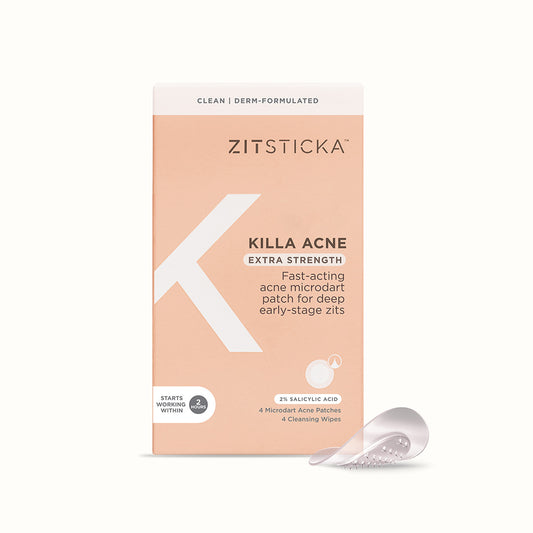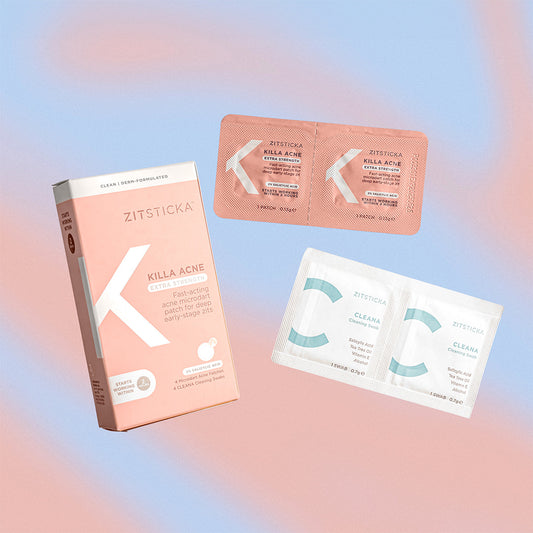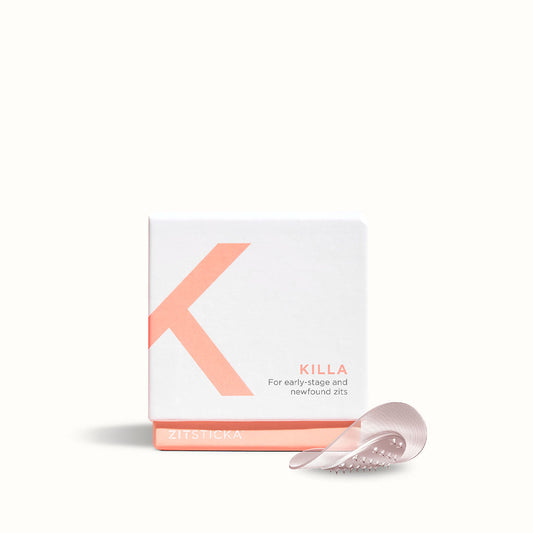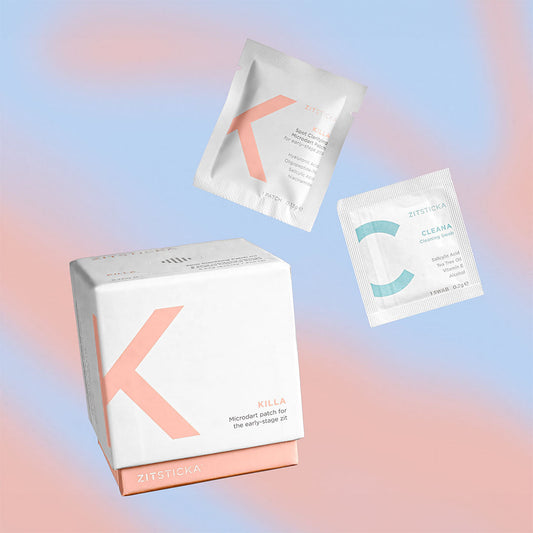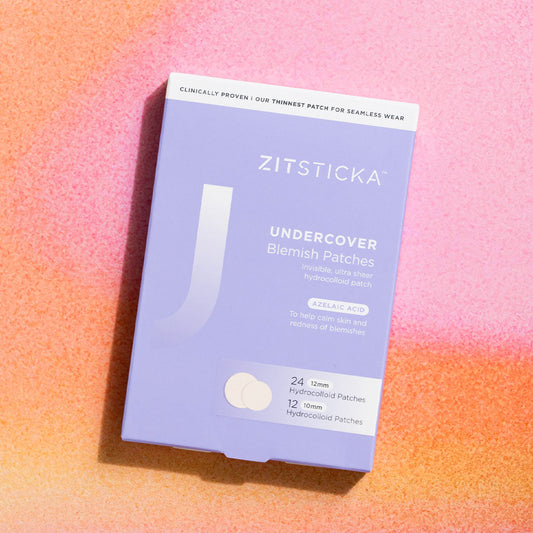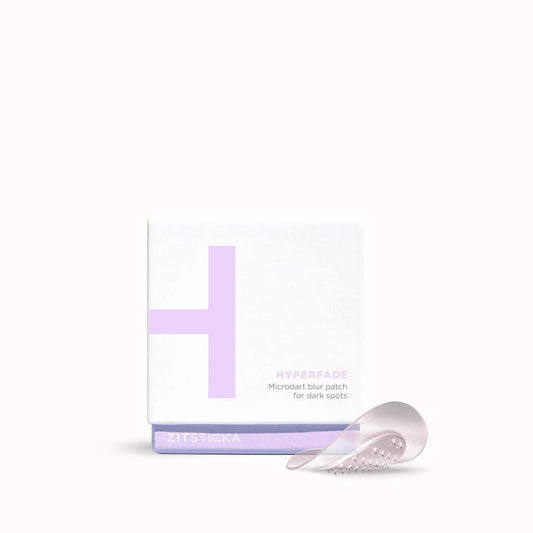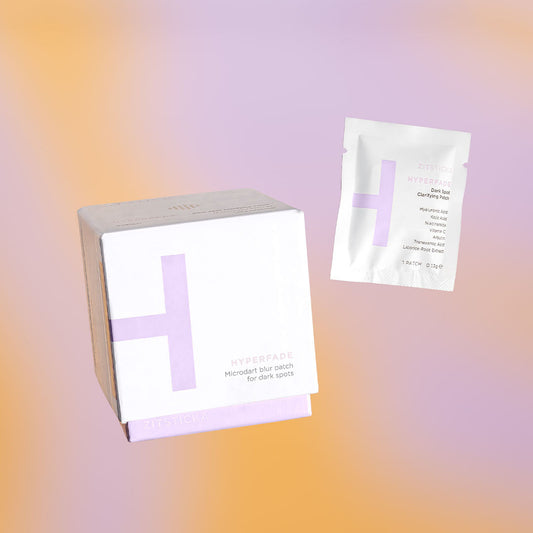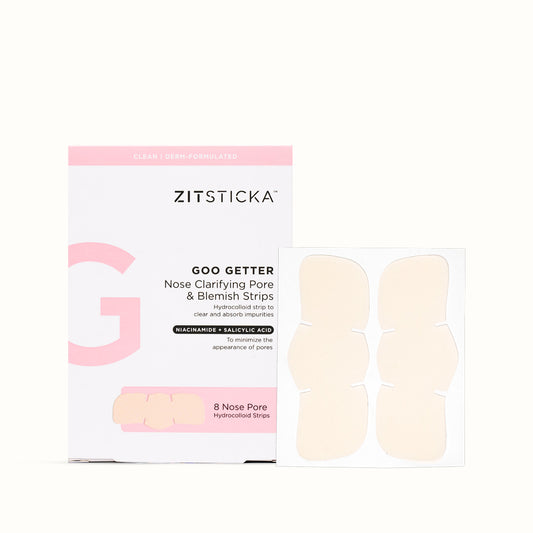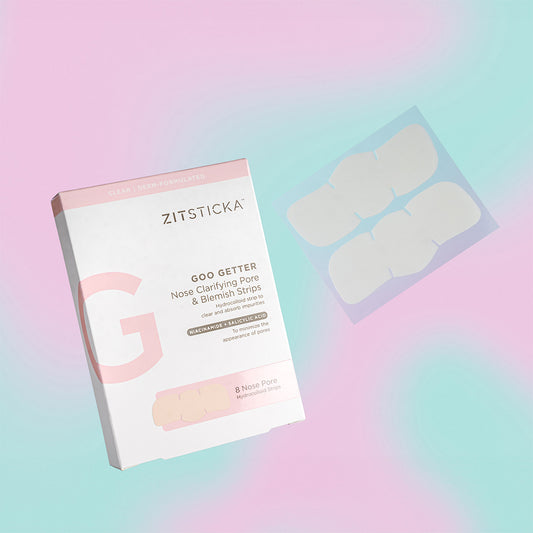Every teenager grows up thinking that their parents, their school, and any living, breathing adult doesn’t understand them. Quite rightly, no? When many of my peers moved on from that strange and self-obsessed time in their life, I began to realize that as the years went on, I only felt more and more displaced and perplexed. In every room I entered, I was cognizant that I was entering not only as a woman; not only a Black woman; but in fact, a Black queer woman.
These rooms never allowed enough space for me to exist. For years, I actually made a point of taking up as little space as possible, so as to not burden anyone or be *responsible* for another's discomfort. I know what you’re thinking: What kind of life was that? And yep, I’m wondering the same damn thing today. I spent my growing-up-years coming to terms with who I was, not because I hated being a woman or Black or bisexual, but because I saw how society treated the individuals in those groups. I belonged to all three.
As Black women, we are hyper-sexualized from the moment puberty hits: In the media, on television, IRL. The media has traditionally portrayed us as promiscuous beings at best; and sex objects at worst. This has, infuriatingly, given white men the go-ahead to fetishize us from early on. For as long as I can remember, men would gawk at me like I’m their lunch—#3 with a side of large fries and a chocolate shake—so I’m sure you can imagine how much their audacity increased when two beautiful Black women—my partner and I— began to date.
We’ve heard it all—anything from tired threesome quips to my personal fave, the classic, “You need a man to handle all of that” while we walked down the streets holding hands or even while we backed it up on the dance floor all night. When rejected, suddenly every homophobic slur is hurled my way as I exit the situation, barely keeping my composure.
Some nights we couldn’t be bothered with the harassment, so we found ourselves at lesbian and queer bars. What people assume is that if you are a part of the LGBTQ+ community, you are accepting of ALL members of your community. This is false. There is discrimination against Black queers within the LGBTQ+ community, and it becomes apparent when gay rights are only seen to benefit white queers. The fact that I am queer doesn’t change the reality that some white people within the community still don’t allow space for me as a Black queer. Not to mention that as a bisexual, there is scrutiny from not only outside, but from within the group. If you’re in a relationship with a woman, it doesn’t matter that you’re bisexual, it will be seen purely as a lesbian relationship. If you are in a relationship with a man…Well honey, you probably “weren’t gay at all; just curious.” Within every group I have encountered sexism, homophobia, racism or, and bigotry—sometimes all at once— but I am proud to stand as I am and I wouldn’t change myself in any space I am not accepted.
I laugh off the ignorance and discrimination I experience because if I let it consume me, I wouldn’t be able to cope. This doesn’t mean that I don’t feel, I don’t hurt, and that I don’t speak up against injustice daily when confronted with it. And when I say daily, I mean daily. Some believe Intersectional Identity is used to further separate us and to divide us. I, on the other hand, believe it has allowed society to realize that there is no way that we can all be equal anytime soon if we do not acknowledge that our individual identities overlap, and therefore are treated differently than if you were to only belong to a singular group.  I have never been able to separate the marginalization I feel as a Black woman because I am neither one or the other. I experienced the combined discrimination that comes with being a Black woman and being queer just gave them something else to be mad about. Like I said earlier— that with every small space I was given, I found room. That is still true, but what has drastically changed is that I try to take up as much space as I can now. I will be as loud as I want and will not be afraid to make people uncomfortable with my presence. I choose to let my presence be known and felt. My mere existence is a rebellion against the constructs society has set up for anyone like me, from the beginning of time.
I have never been able to separate the marginalization I feel as a Black woman because I am neither one or the other. I experienced the combined discrimination that comes with being a Black woman and being queer just gave them something else to be mad about. Like I said earlier— that with every small space I was given, I found room. That is still true, but what has drastically changed is that I try to take up as much space as I can now. I will be as loud as I want and will not be afraid to make people uncomfortable with my presence. I choose to let my presence be known and felt. My mere existence is a rebellion against the constructs society has set up for anyone like me, from the beginning of time.
Want more? Read one girl's internal monologue on brown skincare, beauty + life

